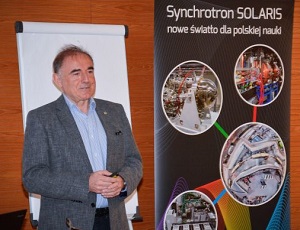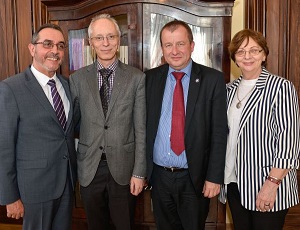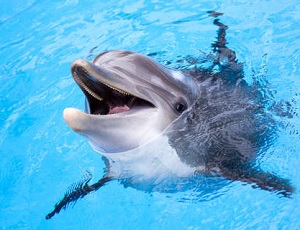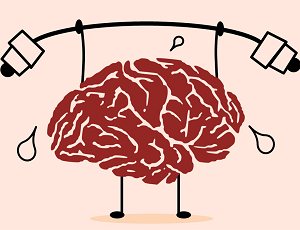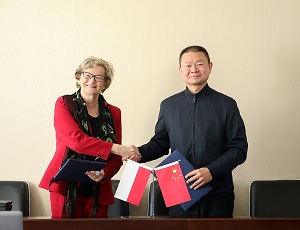 Web Content Display
Web Content Display
News
 Web Content Display
Web Content Display
 Web Content Display
Web Content Display
 Web Content Display
Web Content Display
News
Inaugural meeting of the SOLARIS Centre Scientific Advisory Committee
09.04.2019
On 9 April 2019, the JU National Synchrotron Radiation Centre SOLARIS hosted a meeting of its newly established Scientific Advisory Committee, consisting of five distinguished researchers working at foreign synchrotron centres: Nils Mårtensson from Uppsala University, Petra Rudolf from the University of Groningen, Paweł Grochulski from the Canadian Light Source, Maya Kiskinova from Elettra Synchrotron Trieste and Paul Dumas z from SOLEIL Synchrotron.
Read More o Inaugural meeting of the SOLARIS Centre Scientific Advisory Committee
Ambassador of Cuba visits the Jagiellonian University
05.04.2019
On 5 April, the Jagiellonian University was visited by the Ambassador of the Republic of Cuba to Poland Jorge Martí Martínez, accompanied by the Counsellor for Cultural Affairs of the Embassy of Cuba in Poland Mirta Alicia Karchik. They were received by JU Vice-Rector for Research and Structural Funds Prof. Stanisław Kistryn and JU Rector’s Proxy for Internationalisation Prof. Adam Jelonek.
Read More o Ambassador of Cuba visits the Jagiellonian University
Do you speak Dolphinese? The language of marine mammals
05.04.2019
How do dolphins interact with each other? How do they express their emotions? What do good manners mean for them? We have asked these questions to Prof. Vincent Janik from the University of St. Andrews, one of the world’s most prominent researchers studying the language of marine mammals, who has been invited to the Jagiellonian University to give the lecture “Marine mammal communication and the nature of language”.
Read More o Do you speak Dolphinese? The language of marine mammals
JU scientists make artificial intelligence more intelligent
03.04.2019
Prof. Jacek Tabor from the Faculty of Mathematics and Computer Science, along with his colleagues Prof. Maciej Nowak from the Faculty of Physics, Astronomy and Applied Computer Science and Prof. Tadeusz Marek from the Faculty of Management and Social Communication, have received a 4.5 million euro grant from the Foundation for Polish Science. Their interdisciplinary team will work on a project entitled Biologically inspired artificial neural networks.
Read More o JU scientists make artificial intelligence more intelligent
Training your brain. Physical activity and its effects on neuroplasticity
02.04.2019
Over the course of millions of years of evolution, intense physical activity was an integral part of human condition due to our hunter-gatherer lifestyle, contributing to the development of our cognitive abilities. Contemporary observations confirm this relationship: physical exercise stimulates the growth of our neural networks, synapses, and even new neurons. Below you can read a short version of a lecture by Prof. Filip Rybakowski from the Poznan University of Medical Science.
Read More o Training your brain. Physical activity and its effects on neuroplasticity
JU Faculty of Philology delegation visits Chinese universities
01.04.2019
On 5-14 March, a delegation from the Faculty of Philology visited four Chinese universities. The Jagiellonian University was represented by the Dean of Faculty of Philology Prof. Elżbieta Górska, Vice-Dean of that Faculty Dr hab. Władysław Witalisz, Head of the JU Institute of Oriental Studies Prof. Barbara Michalak-Pikulska and Dr hab. Joanna Grzybek from the Department of Japanese and Chinese Studies.
Read More o JU Faculty of Philology delegation visits Chinese universities
Fake news: the Internet’s gossip
27.03.2019
In the age of social media, filter bubbles, and strong polarisation of opinions, fake news plays an increasingly important role in shaping public opinion. The reason behind this is directly tied to the nature of our social behaviours. Dr Małgorzata Majewska from the JU Institute of Journalism, Media and Social Communication explained to us the complexities of this issue.
Read More o Fake news: the Internet’s gossip

